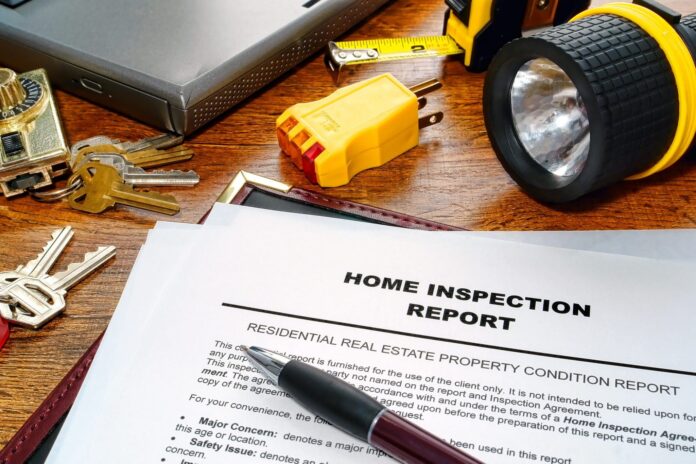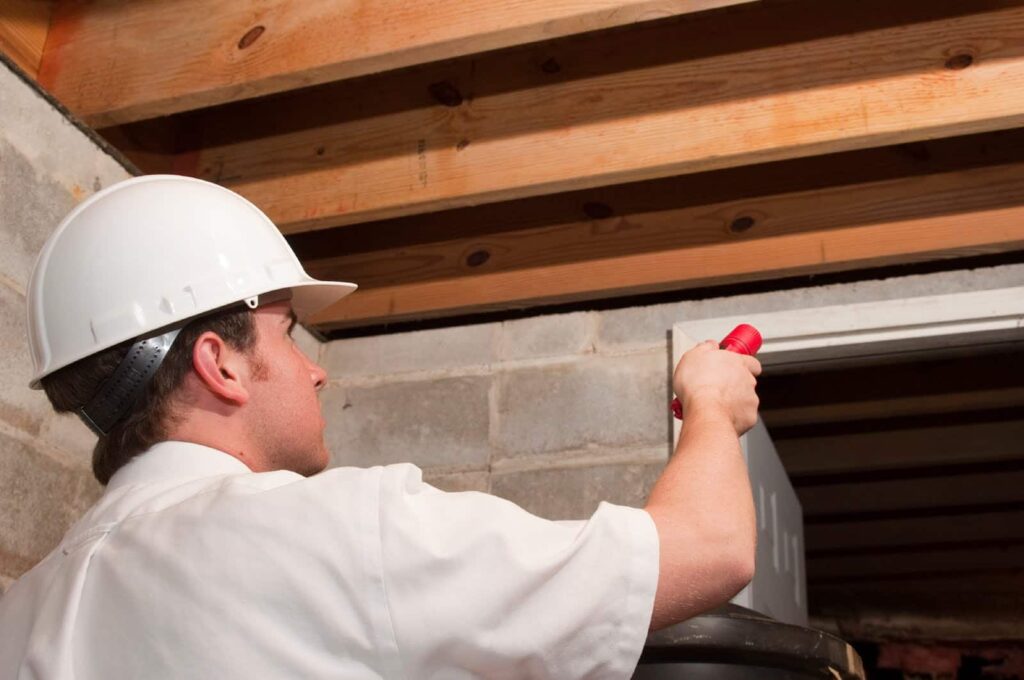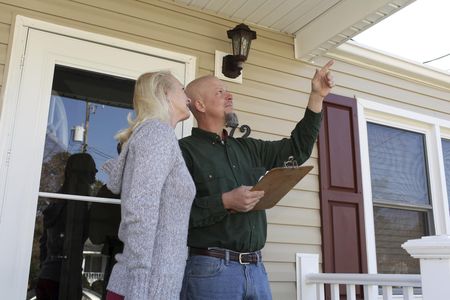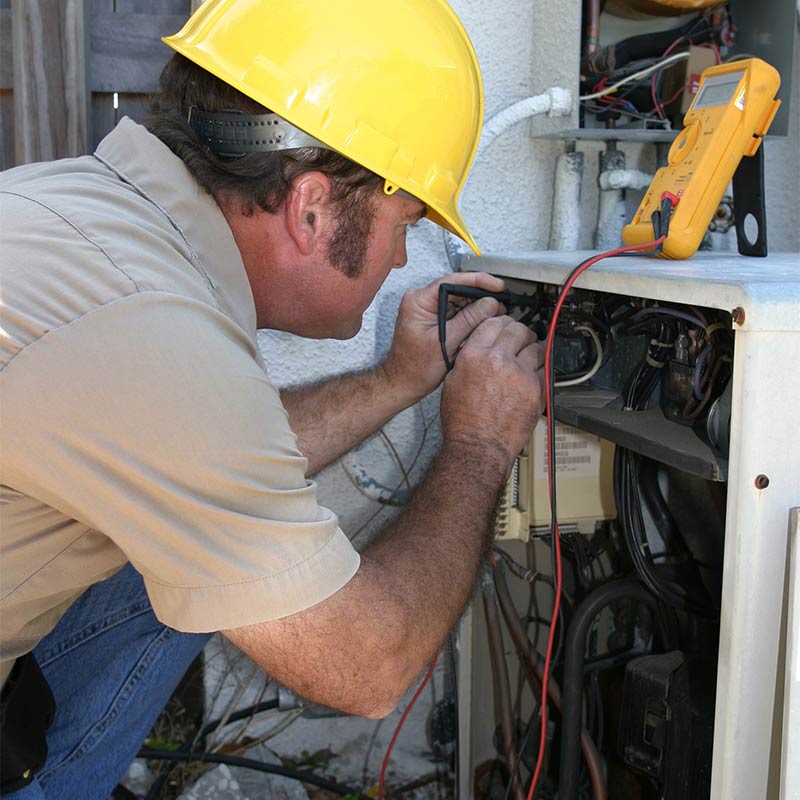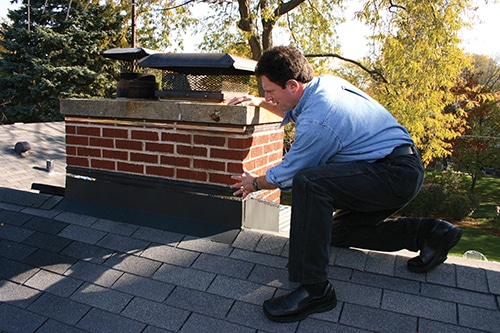It’s almost impossible not to be nervous. You’ve endured so much just to reach this point. You followed all the necessary steps, worked side by side with your contractor, and feel so close to being finished you can almost taste the pending relief.
But sometimes optimism is fleeting. You’re confident. After all, it’s pretty much spelled out, and there’s not too much open to interpretation.
The code is designed to protect people and save lives. Still, you can’t help but fret about the chance of your inspector having a bad day and taking it out on you. You cannot do much in such a case but remain positive since you’re dealing with professionals.
If you have worked with a general contractor, you can be assured that you are ready. He would have already worked with the inspector to ensure everything met the minimum standards and safety requirements.
However, if you performed the labor yourself, asking an inspector for feedback and overseeing the details would be best.
Tips for a Successful Home Inspection
You are responsible for calling and scheduling an inspection (if you worked with a contractor, he’ll likely make the call on your behalf).
You’ll be instructed over the phone on how to prepare, what to expect, and the requirements for the initial inspection. Often, the inspector himself will communicate such mandates.
Communication is the key – you need to be extremely clear when conveying the details of your project and do your best to avoid any misunderstandings.
And don’t just nod your head when the inspector responds – digest and understand.
Of small mercy, there are simple guidelines for scheduling your inspection. It may even be done over an automated system.
Your project’s scale and the required materials will determine precisely what needs to be reviewed. Before any concrete is placed, the pier, grade beams, and slabs must be checked out to check pier depths and structural rebar.
Other concrete areas requiring scrutinization before pouring include the footings, stem walls, and retaining walls.
Regarding utility pipes, your inspector will also need to check on sewer laterals and electric and water service installations. At the same time, the work is still open before the housing checking trenches are covered. He will confirm that minimum trench depths and clearances are maintained for each utility type.
Know that floor inspections will require all joists, under-floor plumbing, ductwork, and insulation to be inspected before you install floor sheathing material. It is imperative that the material and layout of the joists match the approved details of the plans.
You must confirm that they’re all properly secured with the necessary installed hardware. Has the work been properly secured? They’ll certainly check to confirm that it’s all been firmly nailed and screwed.
What will an inspector look for in your exterior walls and roofs?
They will want to examine the sheathing, exterior shear (plywood), and lathing before you install roof material or exterior wall coverings.
Again, be sure that it is all properly secured, screwed, and nailed. Inspectors will check that out and look at the coverage and hardware installation.
The existing frame will be inspected for the interior walls to determine if new framing or repairs are required. Rough electrical, mechanical, gas, interior shear, hold-down installations, and plumbing will also be sorted out.
If you’re doing the work yourself, fret not. Inspectors want to help. If you demonstrate a genuine interest in what they have to tell you, it may encourage them to be more helpful.
The insulation will be inspected before you put up drywall. It must have adequate R-value capacity and be installed properly. Energy efficiency standards vary by region.
Before finishing, the inspector could inspect drywall and ductwork installations, perform gas tests, and test the shower pan. Hopefully, you have established a friendly bond as you ultimately reach the final inspection point.
Finally, he will consider all the details and confirm the work’s safety and compliance. If you’ve already established strong communication, you’ll likely do okay.
As he begins, you’re afraid that infractions were overlooked and that he’ll start randomly picking out violations. You already know what he’ll be looking for; that was one of the first things you asked of him.
You’re prepared, proudly so. You have not only learned and understood what his concerns could be early on, but you also have all of the required documentation on hand.
You’ve followed the approved plan. Deviating from it has all too often caused major headaches. But sticking to the script ensures accuracy.
You’re told that electrical problems are among the most common violations. You relax when your electrical work is given the green light.
The penetrations, cuts, and notches made in the structural frame will also be closely analyzed. Are your safety clearances in line with the mandated level? Egress is certainly a major factor that will need to be confirmed.
Working with the inspector for the duration of your project has proven to be a valuable asset. You have encountered no adverse surprises, thanks to conforming to directions from the get-go. Your inspector is an expert, and you have shown him due respect.
At last – the moment of truth, he signs off – you have passed! Outside of possibly needing an additional sign-off from a homeowners association (if you belong to one), you are DONE.
There’s nothing more satisfying than the sigh of relief that comes with the feeling of satisfaction after earning success. Now, enjoy the perks that you have designed your project to deliver!

